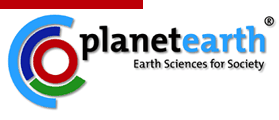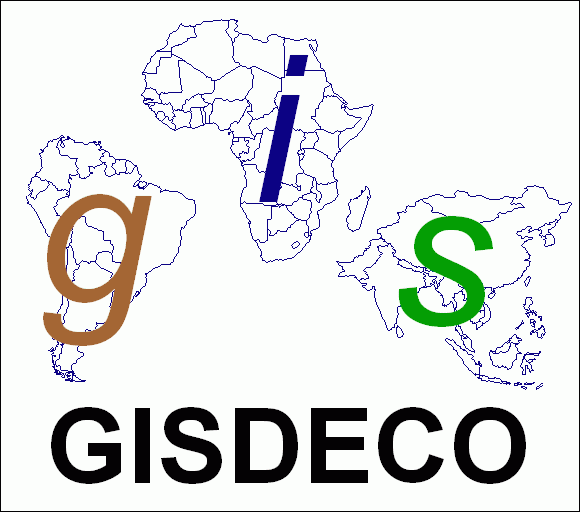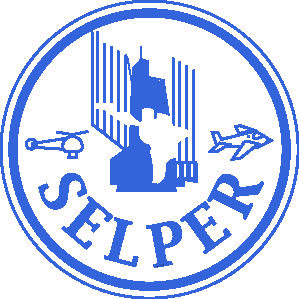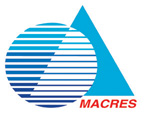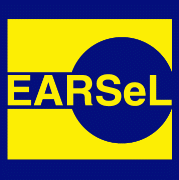|
|
|||
|
Special Interest Groups > Developing Countries Special Interest Group Developing Countries Introduction EARSeL, as the European Association of Remote Sensing Laboratories, is concerned about research and application of remote sensing. It was founded as a result of the strong interest in satellite remote sensing in the 1970s expressed by the European Space Agency and the European Council by a great number of dedicated remote sensing scientists. EARSeL, like other organizations of the remote sensing community realise, that satellite remote sensing offers global, regional and local observation possibilities, which are difficult to attain by other methods. It further realises that the most potential applications are in areas, where data are greatly lacking, which is in the developing countries. It is therefore that within EARSeL a special interest group on developing countries has been established under Prof. Dr. Rudi Goossens. Many workshops held up to now in relation to this interest group, concentrated on treating problems associated with the use of remote sensing in the deveoping countries. Especially, remote sensing is rapidly becoming accepted in many of such countries as an excellent tool for mapping purposes since often up-to-date maps and topographical information is not available. Working in developing countries often brings up problems different to the ones faced by scientists working on topics in developed countries. Therefore, a European contact group is established in order to bring together these scientists in order to exchange experiences and results of research programmes more easily. Topics Remote sensing is an excellent tool for mapping, monitoring and modeling of environmental variables and processes. Especially in developing counties, remote sensing offers a unique access to primary data about the status of land surfaces. There is a high demand in studies on education and public interest in developing countries, hydrology and coastal applications, vegetation and land cover, geology and geomorphology, landscape survey, soils and soil salinisation, etc. This group concentrates on identifying and solving these problems, bringing together scientists from all over the world to exchange their experiences and expertise. Educational pointers, Tutorials, Proceedings and Software DOWNLOAD: Annual Report of SIG 2008 (24KB) Actions : The planned 2010 Workshop in Yogyakarta "Applying Remote Sensing and GIS in Disaster Management" has been postponed to 2011.
Organization
|
|
||
 |




